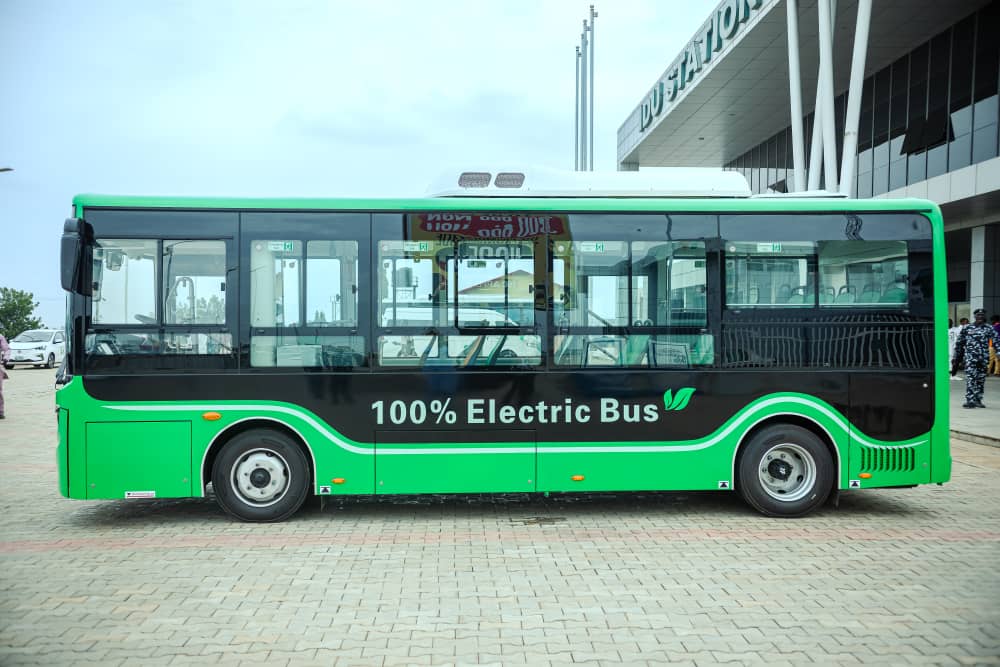As Nigeria reflects on 65 years of independence, NEV Electric Ltd is positioning itself at the heart of the country’s next frontier—economic and industrial self-reliance—by deploying locally built electric buses and charging infrastructure to ease mass transit pressures.
Speaking with the News Agency of Nigeria (NAN), NEV Electric Founder, Mosope Olaosebikan, said the firm was tackling decades of reliance on imported vehicles and fossil fuels with a homegrown model that integrates local manufacturing, sustainable energy, and modern transit solutions.
“NEV Electric is not just assembling buses; we are building Nigeria’s transport future, powered by clean energy, local innovation, and sustainable systems,” Olaosebikan said.
The company currently manufactures buses with 30% local content, a figure it aims to raise to 70% as domestic supply chains deepen. Alongside vehicle assembly, NEV Electric is rolling out 160kW high-capacity fast chargers in Abuja and Lagos—the largest such installations in the country—to support fleet operators and reduce range anxiety.
Beyond infrastructure, Olaosebikan noted that the firm is investing in technical training programmes for Nigerian engineers and technicians in EV assembly, maintenance, and conversion. “We are empowering a new generation of green-skilled workers who will anchor Nigeria’s electric mobility transition,” he said.
Aligned with the Federal Government’s industrialisation push, NEV Electric is seeking to position Nigeria as a regional hub for electric mobility by combining manufacturing, charging networks, and innovative financing.
Globally, momentum for EV adoption is accelerating. The International Energy Alliance (IEA) estimates that over 17 million EVs were sold worldwide in 2024, accounting for more than 20% of new vehicle sales. Nigeria is gradually joining the trend, with between 15,000 and 20,000 EVs already on its roads in 2025, according to Climate Scorecard.
By embedding local content into its EV strategy, NEV Electric aims to reduce Nigeria’s exposure to fuel price shocks, create jobs, and make clean, affordable transport a reality for millions of urban commuters.





